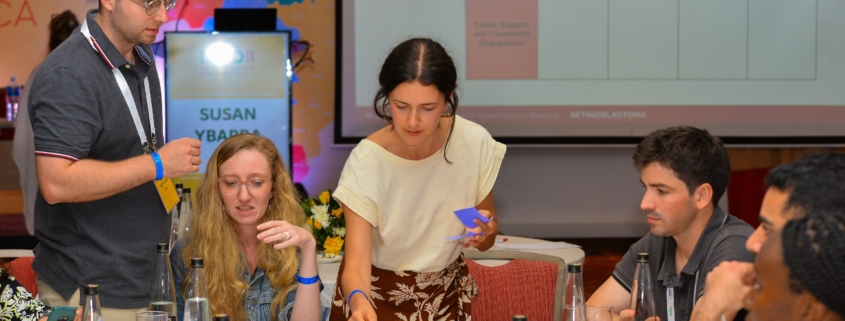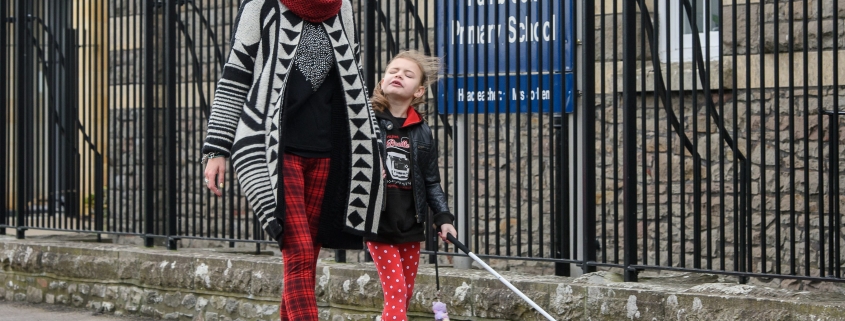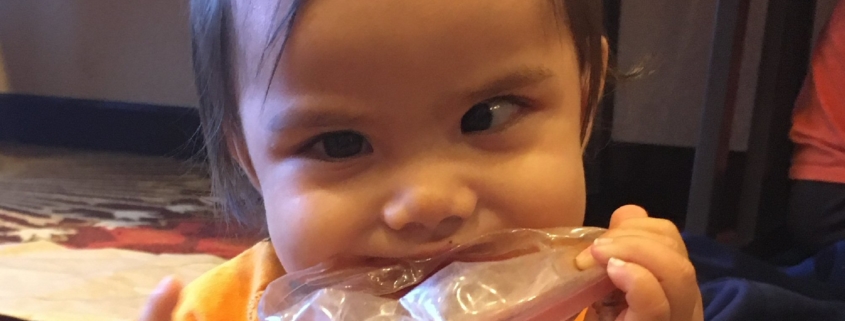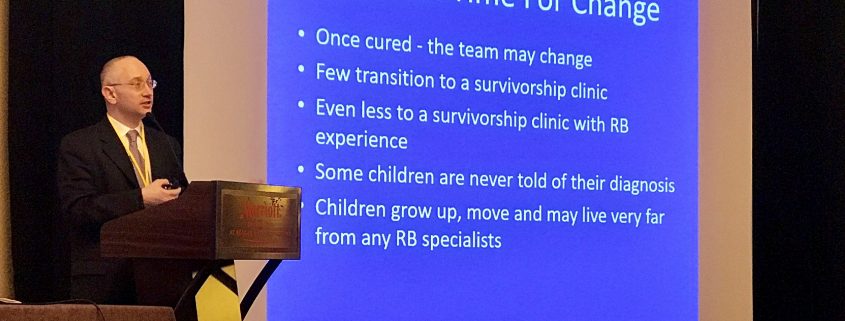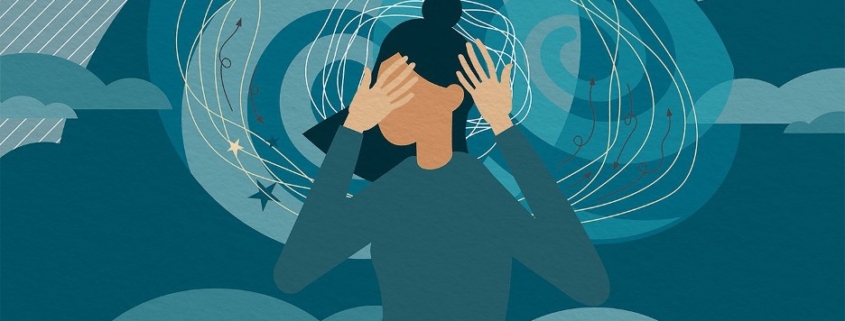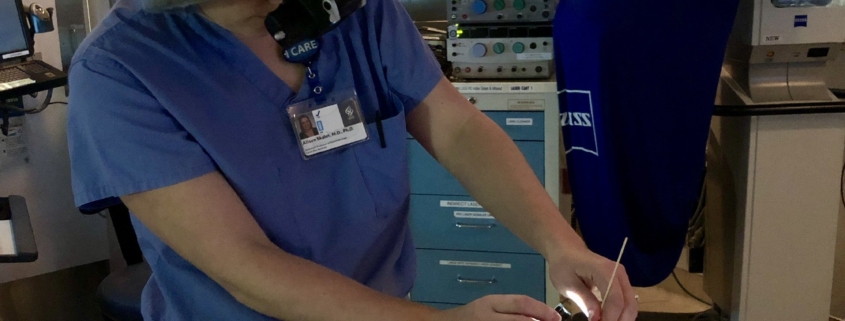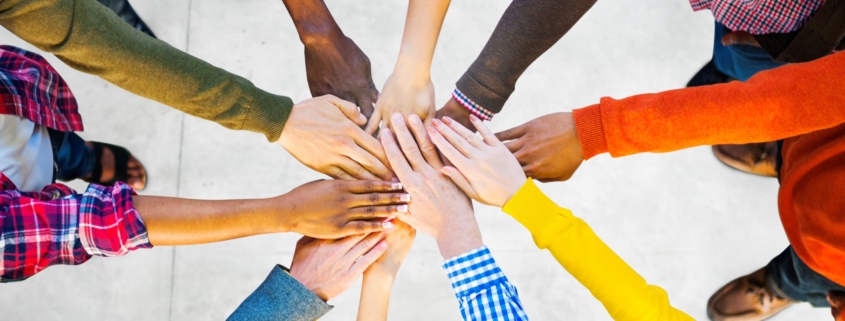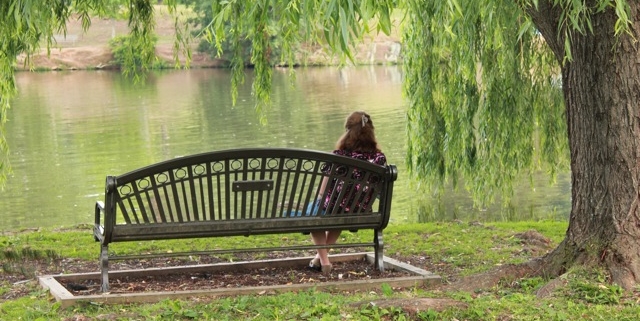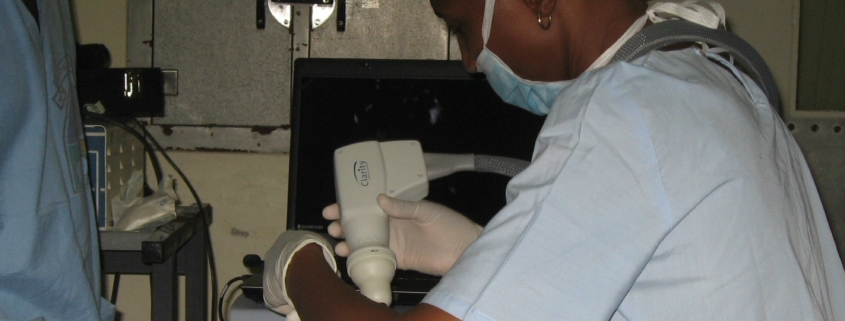United Against Retinoblastoma: The Importance of Global Data and Collaboration
Understanding how retinoblastoma affects children is critical to improve diagnosis, treatment, support and outcomes for all. Mattan Arazi, M.D and Ido Didi Fabian, M.D., MPH, world-focused ophthalmologists from Sheba Medical Centre, Israel, explore why global data and collaboration are so important in Rb research, and the knowledge, progress, and hope they are building for families and professional teams worldwide.

